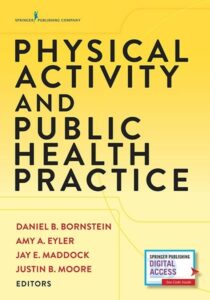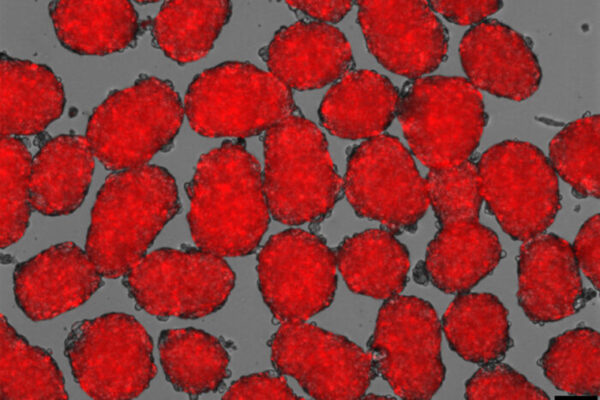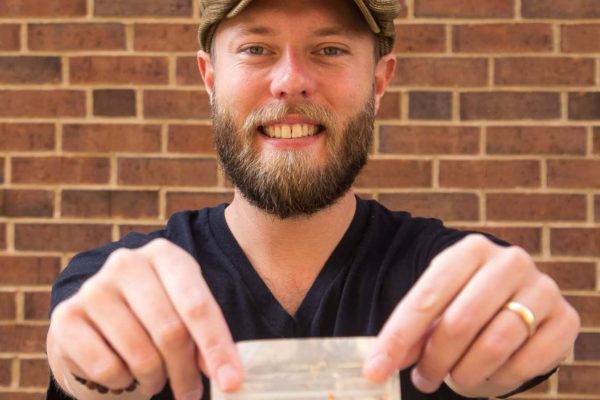The impact of gender norms on health
The standards and expectations to which men and woman generally conform impact health across life stages, health sectors and world regions, finds a new Brown School study. It’s part of a series of research being done that aims to promote gender-equitable policies and programs.
Despite health warnings, Americans still sit too much
A new study led by the School of Medicine shows that most Americans spend a lot of time sitting, despite public health messages that prolonged sitting is unhealthy. Such inactivity increases the risk of obesity, diabetes, heart disease and certain cancers.
Physical Activity and Public Health Practice
Presented from both a research and a practice perspective while discussing the best available research, this book provides the basis for planning and implementing physical activity programs that work and can build healthier communities. This hands-on text incorporates learning objectives, real-world examples, case studies, and bulleted lists whenever possible so that the content can be […]
New hope for stem cell approach to treating diabetes
By tweaking the recipe for coaxing human stem cells into insulin-secreting beta cells, a team of researchers at the School of Medicine has shown that the resulting cells are more responsive to fluctuating glucose levels in the blood. The finding may lead to a new approach to treating diabetes.
Foes of genetically modified foods know less than they think, study finds
The people who hold the most extreme views opposing genetically modified foods think they know most about GMO food science, but actually know the least, according to new research involving a Washington University in St. Louis faculty member in Olin Business School.
Research confronts ‘yucky’ attitudes about genetically engineered foods
The question of what constitutes “naturalness” — and consumers’ attitudes about it — lies at the heart of Washington University in St. Louis research from lead author Sydney Scott, assistant professor of marketing in the Olin Business School.
Six tips on adopting healthy behaviors
Faculty at the Envolve Center for Health Behavior Change, a collaboration among Washington University, Duke University and Centene Corp., share what it takes to make bad habits into good ones.
Key collaborators
Jeff Gordon’s influence in the race to understand the human gut microbiome extends to the many students he has mentored at the Washington University School of Medicine. Here is a small sampling of his former students and postdocs, and where they are now.
Sporting a new look
At the Gary M. Sumers Recreation Center, the university encourages healthy living through
state-of-the-art fitness and recreation facilities.
Creating better bar food
Chris Ferguson left the business world to venture into food. Now he’s the founder and owner of Bee’s Knees, providing gourmet bar snacks that pair well with craft beers.
Older Stories









